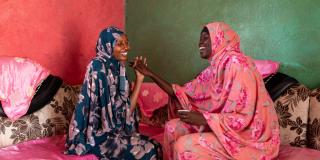
June 2022 to December 2025
The Integrating Peacebuilding, Development and Humanitarian Efforts on the Kenya and Ethiopia Cross Border (IPDHE) is a two-and-a-half-year project funded by the Austrian Development Agency (ADA).
The project is implemented in four administrative sites: Sololo and Moyale sub-countries in Kenya and Moyale and Miyo in Ethiopia.
The project helps to reduce conflict and enhance resilience and peaceful coexistence among communities on the Kenya-Ethiopia border.
This is achieved by helping communities living in fragile and extreme weather-prone regions identify the underlying problems that cause conflict. The project then works with them to develop an action plan to solve the challenges. Furthermore, IPDHE supports communities in becoming more resilient to the effects of climate change.
The issue on the Kenyan/Ethiopia border
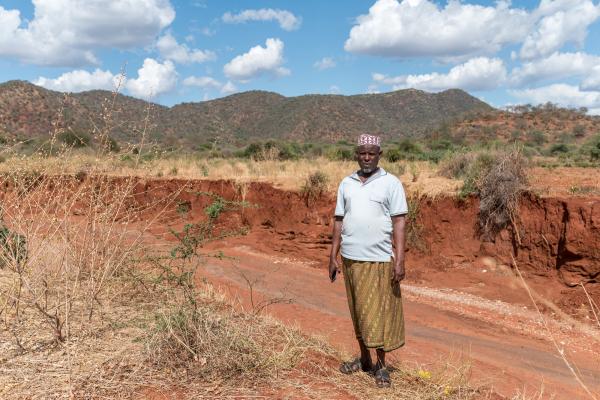
One and a half billion people worldwide live in fragile states and regions affected by conflict and violence and this includes the Kenyan-Ethiopia border. The region is also prone to extreme weather, which is being exacerbated by climate change.
Periods of prolonged droughts followed by heavy rains and flash floods are occurring more frequently. Climate-induced disasters are fuelling instability in the region, where many families rely on farming for their livelihood.
Drought kills crops and pasture, leading to a loss of livestock as the animals have no food. Extreme rainfall then comes and sweeps away the remaining animals. All this leads to hunger and different ethnic groups and clans fighting over finite resources.
Owing to a lack of opportunity in the region, some young people are lured into banditry, cattle raiding or join armed groups, which once again fuels the conflicts. In addition to local disputes, there is also spillover from the ongoing clashes between different armed groups in Ethiopia.
Owing to the porous border, it’s easy for citizens of both nations to move freely between countries, lie low and hide. With some roads damaged by extreme weather, it can be hard for people to escape, with many trapped during periods of conflict.
At a national level, the Kenya and Ethiopia governments share an architecture for peace, disaster risk reduction and cross border initiatives. However, mediation efforts between the warring groups are a challenge, given that the two governments involved (Kenya and Ethiopia) have different systems. At a local level, there is a need to strengthen coordination and cooperation.
This project aims to build on the existing foundations and systems for peaceful settlement by:
Helping 4,000 community members, especially women (60%), youth, and people with disabilities.
Creating 20 peace and 20 disaster risk reduction committees.
Engaging with 120 government officials and community leaders.
The IPDHE project
Community ownership from the project’s inception
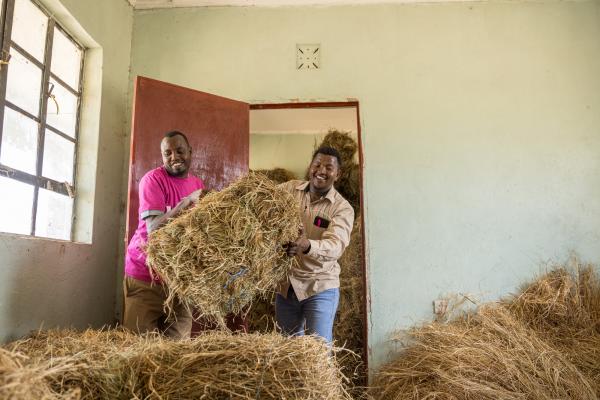
The project begins by identifying the most marginalised communities. A ‘risk vulnerability assessment’ is then conducted that enables communities to identify factors which are causing vulnerability to conflict and climate impacts and to identify solutions.
These community action plans help mobilise stakeholders and resources from within the community and local government to participate in peace and climate actions. Sharing the plans between communities also supports collaboration and joint actions to reduce conflict and build climate resilience across the border.
This process is led by local volunteers so that the program is well rooted in society and is done with many different groups to ensure a range of perspectives are heard. As a result of these conversations, the following approaches have been agreed on.
Helping communities survive and adapt to the climate crisis
With more extreme weather, VSO volunteers are delivering pasture harvesting training to families. Here they learn about the importance of preserving hay. Hay can last up to three years without getting spoilt. This means that next time a drought strikes, they will have food for their livestock.
Families can also sell the hay to other communities to make money. VSO has been provided sickles to help them cut the hay.
When the flood happens, I get nervous and scared. I ask myself is it going to carry away my children or my property? Will it destroy my food? However, VSO taught us how to build terraces and gabions so that we're able to control the floods. We also go around the villages observing main issues affecting people and report them to the NGOs like VSO for help.”MohammedMember of the Disaster Risk Reduction committee
VSO is giving goats to families who have lost their livestock. Goats need less food than cows, and they can give birth twice a year, so they can multiply quicker.
VSO is also providing 10,000 litre water tanks to communities that currently walk for hours a day just to find sources of water. These tanks serve whole communities helping to improve the lives of many.
Volunteers are also helping communities better respond in times of extreme rainfall. They’re equipping them with knowledge on how to monitor, identify, and respond to floods through the creation of 21 Disaster Risk Reduction Committees. In the case of any disaster, such as drought or floods, these committees bring together stakeholders to ensure that the situation is either stabilised or a solution is sought.
They also raise awareness about environmental management, such as preventing the community from cutting trees and encouraging them to plant more trees. Next to this, they work together with the peace committees to reduce conflict.
Fostering peace and social cohesion

VSO has created 20 peace committees in the border region to bring local people together to raise problems, discuss the importance of peace and reach solutions.
Encouraging dialogue and collaboration between diverse groups promotes mutual understanding and reconciliation. In fact, because of the peace committees, many people have become friends with people from different tribes that they once feared.
RahmaPreviously, in my community, when there was conflict, no one was looking at peace. However, thanks to VSO, they gave me so many trainings on leadership. Peace is like an egg that we need to take care of at any time”
Community volunteer and peace champion
Watch our video 'what does peace mean to you'
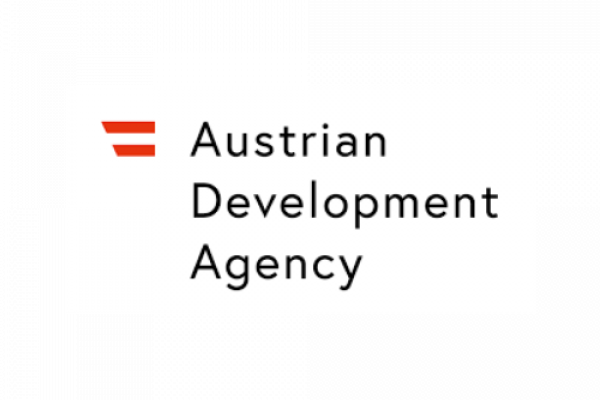
Our volunteering for development approach
Community volunteers are at the heart of the project. These volunteers come from the local community, ensuring that the knowledge, skills and experience they learn remain within the community itself.
They work closely with national volunteers to implement interventions and analyse and share project challenges and achievements. They also help to enhance the understanding of our local partners and community members on the best ways to help communities living in fragile contexts.
Youth volunteerism and leadership and active citizenship is promoted throughout the project.
This project is implemented in collaboration with our partners, Horn of Africa Development Initiative (HODI) | Kenya, The Center for Development and Capacity Building (CDCB) | Ethiopia and with funding from the Austrian Development Cooperation.
Stories from our peacebuilding work
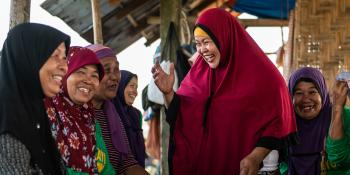
A quiet revolution: Women rise above traditions in conflict-scarred communities
In a secluded marshland in the southern Philippines, women are emerging from the solitude and loneliness of their homes, reclaiming their place in the community and learning new skills – and it’s all thanks to your support.
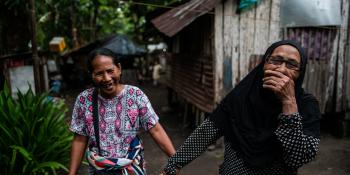
Friends forever: crossing the religious divide in the Philippines
Two women in the Philippines have forged an unlikely friendship, despite their religious differences, fostering unity in a once-divided community.
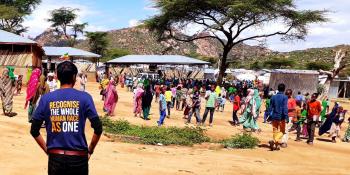
Meet the volunteer providing psychosocial support to those affected by conflict
Kamal Jaga, 40, from the UK, volunteered on the VSO Psychosocial Support Project in Ethiopia, a country ragged by internal conflict that created an estimated 2.2m internally displaced people. Read his story.
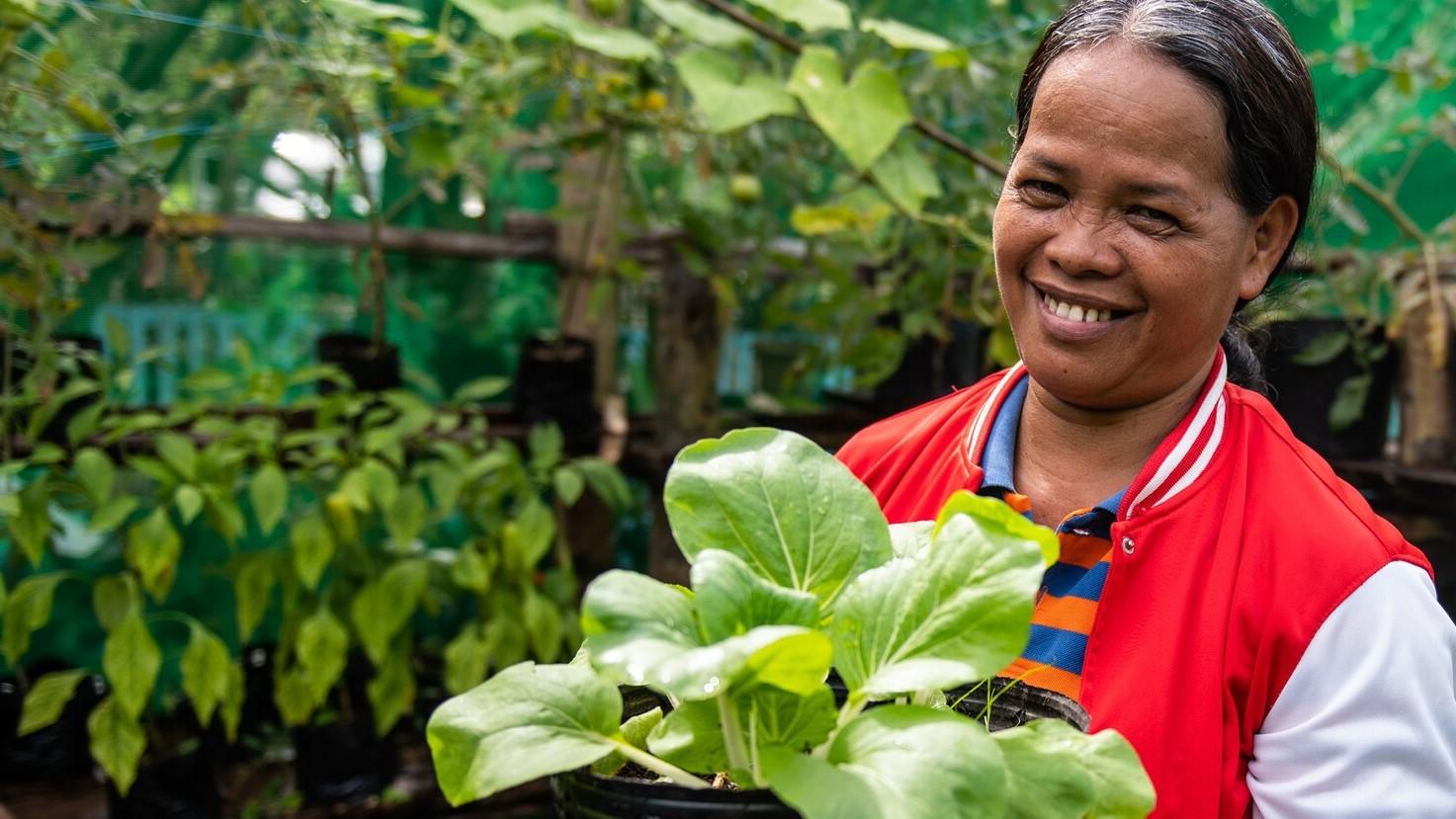
Support us with a donation
